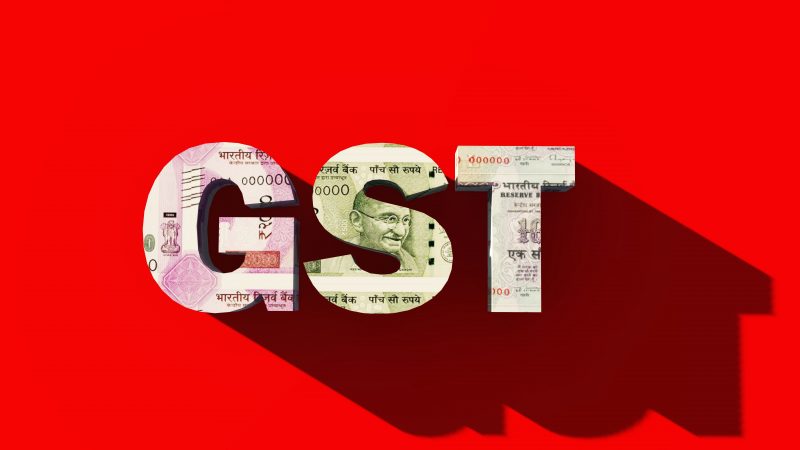The Union Budget 2019-20 does not have any significant measures to boost consumption and has resulted in the foreign portfolio investors (FPIs) pulling out of the Indian markets. The budget amendments have increased tax on the super-rich.
The investors have lost nearly Rs 6 lakh crore since the Union Budget 2019-20 was presented, the FPIs are on the selling run since then. The firms listed on the Bombay Stock Exchange (BSE) and National Stock Exchange (NSE) have not performed well.
The market capitalisation of the BSE-listed companies has fallen to Rs 145.34 lakh crore from Rs 151.35 lakh crore. The fall of Rs 6.01 lakh crore is significant and indicates severe underlying problems.
The benchmark indices BSE Sensex and NSE Nifty have fallen considerably since June. They were on the rise during elections. The post-poll survey indicated the return of the Modi-led government and caused Sensex to breach the 40,000 while Nifty exceeded 12,000 points.
The gains made in May last week have now plummeted ever since the Finance Minister imposed a higher tax on the super-rich. The equity investors were hopeful of the government to do away with either long-term capital gains (LTCG) tax or Securities Transaction Tax (STT). But, the government has not focused on the pain areas.
Arun Jaitley, the then Finance Minister in 2018, announced the reintroduction of LTCG tax on equities in the Union Budget 2018-19. What surprised the investors is that the LTCG tax was imposed in combination with the STT. Previously, in the Union Budget 2004-05, P Chidambaram, the then Finance Minister, replaced LTCG tax with STT.
Also Read: Stock markets fail to capitalise on gains made during elections
The reintroduction of LTCG tax, which is now in combination with STT, has added burden on the equity investors. Also, the period after which an equity holding is considered long-term is relatively shorter when compared to other capital assets.
The equity investors were banking on Nirmala Sitharaman, the current Finance Minister, to roll-back or slash the tax rate on LTCG. But, she has disappointed the equity investors as she did not touch upon the LTCG front. Both LTCG tax and STT continue to exist cohesively.
With investors not receiving any support from the government, the FPIs have started exiting the Indian markets. The selling activity has risen to a whole new level post-Budget. They have pulled out a whopping Rs 7,712.12 crore in the first three weeks of July 2019.
A relentless selling by the FPIs has brought NSE Nifty below 11,500, and the index might fall below 11,000 if the trend continues. We can expect the market to be volatile for quite some time, and it is the right time for the investors to go into the buying mood.
The Union-Budget 2019-20 enhanced tax on FPIs, ultra-high net worth individuals, and high net worth individuals. The Finance Minister later clarified that the increase in the tax on the super-rich is here to stay and there are no plans to reduce it as of now.
If the government does not come up with the measures to address these issues, then we might see intensive selling from the FPIs in the days to come, which is not good for the Indian markets. Apart from this, reduced consumption, a slowdown in the economic growth and global trade wars are the other concerns related to the Indian markets.
Engineer by qualification, financial writer by choice. I am always open to learning new things.





